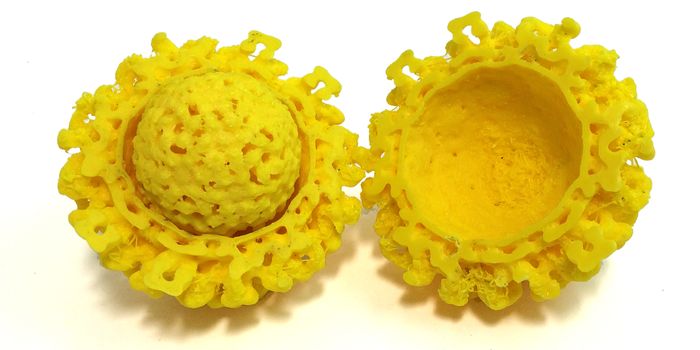Progress in the Fight Against Ebola
Ebola has caused devastating outbreaks in recent years; the last one that struck West Africa involved a virulent strain that killed thousands of people. Scientists have been searching for a way to battle the virus, or at least contain it, as there is no real treatment strategy; a patient has to hope that their immune system will be strong enough to fight it off before it causes death. Now, researchers have found that a single enzyme might the virus’ Achille’s heel. By tinkering with that enzyme, Ebola cannot spread; the virus loses its ability to replicate and can no longer produce more viral copies, halting the contagion.
This work, conducted by scientists at the University of Copenhagen and Phillips Universität Marburg in Germany, has been reported in Molecular Cell. It outlines a ‘host factor’ for the Ebola virus. A virus usually hijacks the cellular machinery of its host. In this case, Ebola uses the host factor enzyme PP2A-B56 to start making proteins. By disabling this enzyme, the virus can’t replicate, which stops an infection from developing.
“When the Ebola virus enters the human cell, its only purpose is to copy itself, fast. First, it must copy all its proteins, then its genetic material. But by inhibiting a specific enzyme we rob the Ebola virus of its ability to copy itself. And that may potentially prevent an Ebola infection from spreading,” explained Professor Jakob Nilsson of the Novo Nordisk Foundation Center for Protein Research.
“When we inhibit the PP2A-B56 enzyme, we remove the first link in a long process, which ends with Ebola spreading. And we can tell that it works. The Ebola infection in cell cultures where we have inhibited the PP2A-B56 enzyme is ten times smaller after 24 hours compared to infections where we have not inhibited this enzyme,” said Nilsson.
So far, the research has used cell culture models. That leaves a lot of work before therapeutics based on this work can be tested in humans. However, this lays a good foundation for investigating enzyme inhibition in animal models so that a safe drug can be made for patients that are infected with Ebola. It is possible this work has applications for other viral infections as well.
Ebola has similarities to some other viruses, like Lloviu and Marburg viruses, which are in the filoviruses group. Whether this data is applicable to other viruses remains to be seen, however.
https://www.youtube.com/watch?v=Zzy-BCMCed8&t=2s
In the video above, the National Institutes of Health presents a talk with Dr. Erica Ollmann Saphire, director of the Viral Hemorrhagic Fever Immunotherapeutic Consortium, on antibodies that are being created by scientists to fight viral infections. Her lecture is focused on Ebola and Lassa viruses.
Sources: AAAS/Eurekalert! Via University of Copenhagen, Molecular Cell









